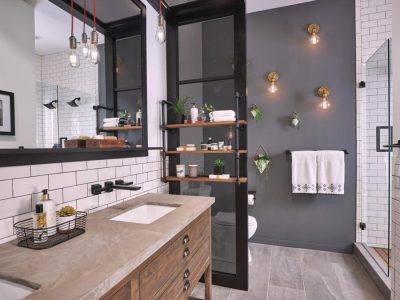In-home care is becoming a popular option for many families as it provides a way to care for loved ones without having to move them to a hospital or nursing facility. Here are five key advantages of in-home care that can make a big difference in the lives of both patients and their families.
1. Comfort of Home
One of the biggest advantages of home care is that it allows people to stay in their own homes. This is especially important for elderly or disabled individuals who feel more comfortable in familiar surroundings. Being in a familiar environment can help reduce stress and anxiety, which often increases in medical settings.
Home is where memories are made, and staying there can provide a sense of security and peace. In a hospital or nursing home, people often feel isolated, but at home, they are surrounded by family and can continue their daily routines.
2. Personalized Care
In-home care offers a level of personalized care that is hard to match in larger institutions. Caregivers can tailor their services to meet the specific needs of the individual. Whether it’s medication management, assistance with daily activities, or emotional support, everything can be customized to fit the person’s unique situation.
This type of care can be much more focused and one-on-one. The caregiver’s attention is solely on the individual, providing the highest level of care and support.
3. Independence and Privacy
In-home care allows individuals to maintain more independence than they would in a facility. They can make decisions about their day, eat when they want, and continue with activities that bring them joy. This independence is vital for mental and emotional well-being.
Privacy is also a big factor. People often feel vulnerable in a hospital or nursing home, but in their own home, they can maintain more control over their personal space and daily routines. This helps them retain a sense of dignity.
4. Cost-Effective
In-home care is often a more affordable option compared to full-time care in a facility. Without the added costs of room and board, facility overhead, and additional medical services, families can find that in-home care fits more easily within their budget.
Additionally, in-home care allows for flexible hours. Families can hire caregivers for just a few hours a day or around the clock, depending on their needs, which can reduce costs even further.
5. Family Support and Involvement
In-home care allows families to stay involved in the care of their loved ones. They can work with the caregiver to create a care plan, and they can visit more often and easily. This involvement provides families with peace of mind, knowing that their loved one is well cared for and safe at home.
Family members can also help provide emotional support, which is an essential part of the healing or aging process. Being able to share time together at home strengthens bonds and offers emotional comfort to everyone involved.
Conclusion
In-home care provides many benefits that can improve the quality of life for both the patient and their family. It offers comfort, personalized care, independence, and privacy, all while being more affordable.
It also allows family members to stay involved and provide emotional support. If you are considering care options for a loved one, in-home care could be the perfect solution.













Comments